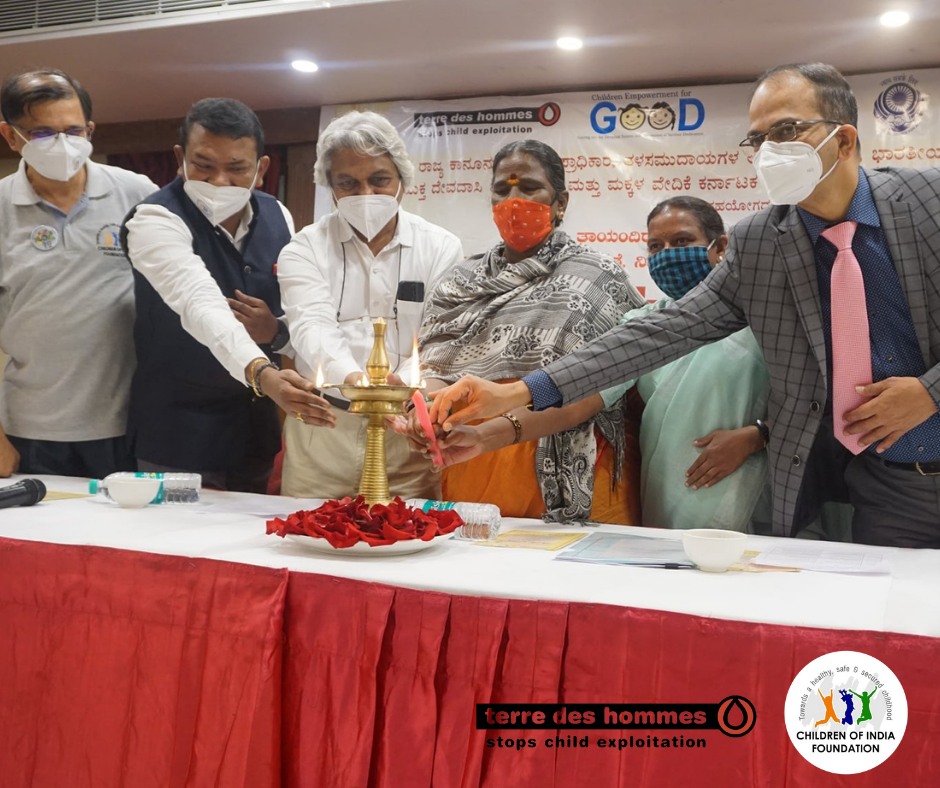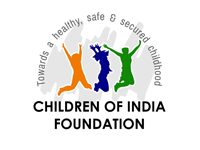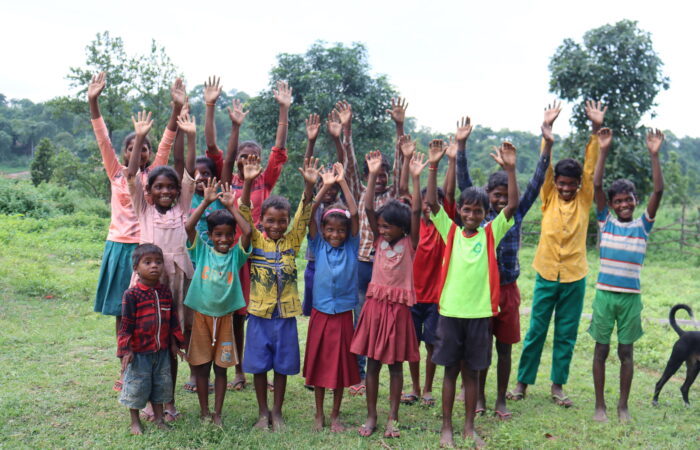The fight for devadasi rights is an ongoing battle and one that should be fought. Devadasi dedication is a big problem we still face in India. Women and children from the Devadasi background are unfortunately forced into that line of horrific, degrading work and are forced to be sex workers. A practice deeply rooted in socio-cultural exploitation, children of Devadasis are abused and discriminated against; without being given a choice.
We’ve been working to have this inhumane practice stopped and removed for good.
On the 10th and 11th of January, Through our project Children GOOD (Getting Out of the Devadasi System) The team held a state-level consultation meeting on the need to urgently work to revise an existing Devadasi bill. The gathering was attended by a group of women and children from Karnataka’s northern districts who were afflicted by the Devadasi system. They urged that the Karnataka Devadasi (Prohibition of Dedication) Act of 1982 be revised to include more prevention, protection, rehabilitation, and compensation measures.
In front of invited visitors, a list of bill amendments was delivered. The meeting was attended by Mr. H. Shashidhar Shetty, Member Secretary of the Karnataka State Legal Services Authority, Prof. S. Japhet, Retd Vice-Chancellor of Bengaluru Central University, and Ms Indira, General Manager of the Karnataka Women Development Corporation.
Housing, pensions, and identity documents for people affected by the Devadasi system were among the demands of the new law. A group of Kishori’s (young women) who attended the ceremony urged that the government create a special Devadasi Rehabilitation Board with a set budget to gradually eradicate the practice.
Ms Indira, the Women Development Corporation’s General Manager, accepted the memorandum and offered to assist the government on how to begin the procedure. She mentioned that a Devadasis resurvey was about to begin. Ms. Indira stated that she will convene a round table discussion with all parties involved to address the concerns voiced by the impacted families.
Written by, Tuhina Upadhyay
Communications Associate


